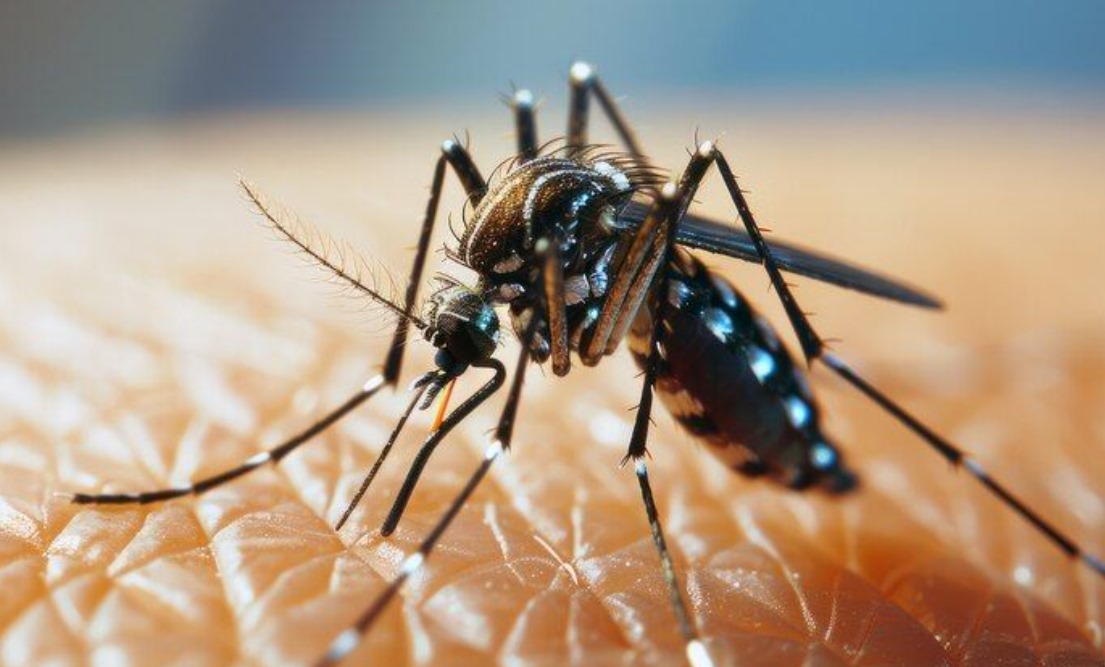Dengue Fever
Dengue fever is a serious mosquito-borne disease caused by the dengue virus. It is transmitted to humans through the bite of an infected female Aedes aegypti mosquito. This disease is most common in tropical and subtropical regions, especially during the rainy season when mosquitoes breed in stagnant water. In recent years, dengue has become a major public health issue in many countries, including India.
The symptoms of dengue usually appear 4 to 10 days after the mosquito bite. Common signs include high fever, severe headache, pain behind the eyes, joint and muscle pain, nausea, vomiting, skin rash, and weakness. In severe cases, it can develop into dengue hemorrhagic fever, which causes bleeding, low platelet count, and even organ failure. If not treated in time, it can be fatal.
There is no specific cure for dengue, but early detection and proper medical care can help in recovery. Patients are advised to rest, stay hydrated, and take fever-reducing medicines like paracetamol. Aspirin or ibuprofen should be avoided as they can increase the risk of bleeding. In extreme cases, hospitalization may be required.
Prevention is the best way to protect against dengue. Since the dengue mosquito breeds in clean, stagnant water, it is important to keep our surroundings clean and dry. Water containers should be covered, and old tires, flower pots, and other items that can collect water should be removed. Using mosquito repellents, wearing full-sleeved clothes, and using mosquito nets are also effective ways to avoid bites.
In conclusion, dengue fever is a dangerous but preventable disease. With proper awareness, cleanliness, and timely medical care, we can reduce its spread and protect ourselves and our communities.




